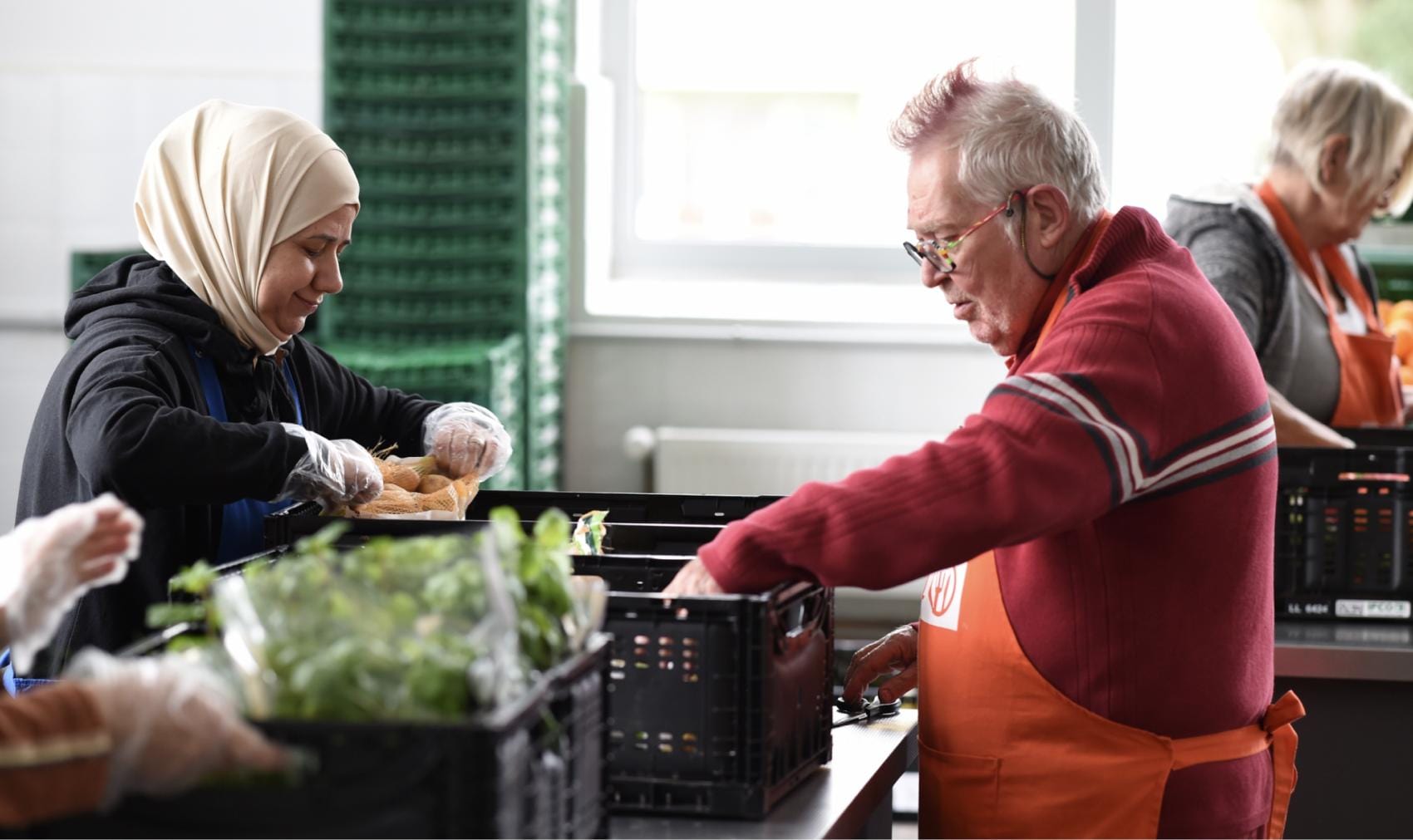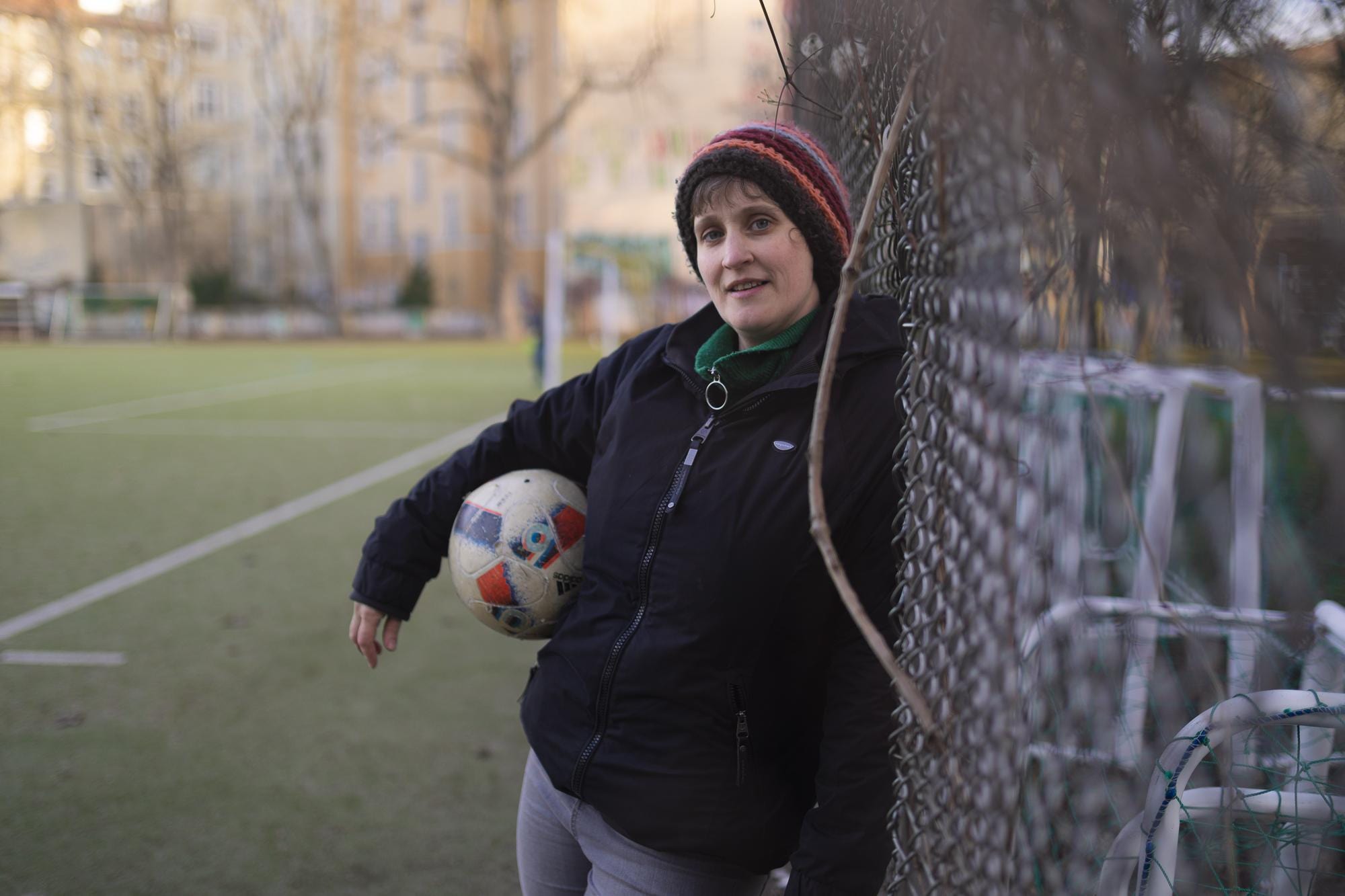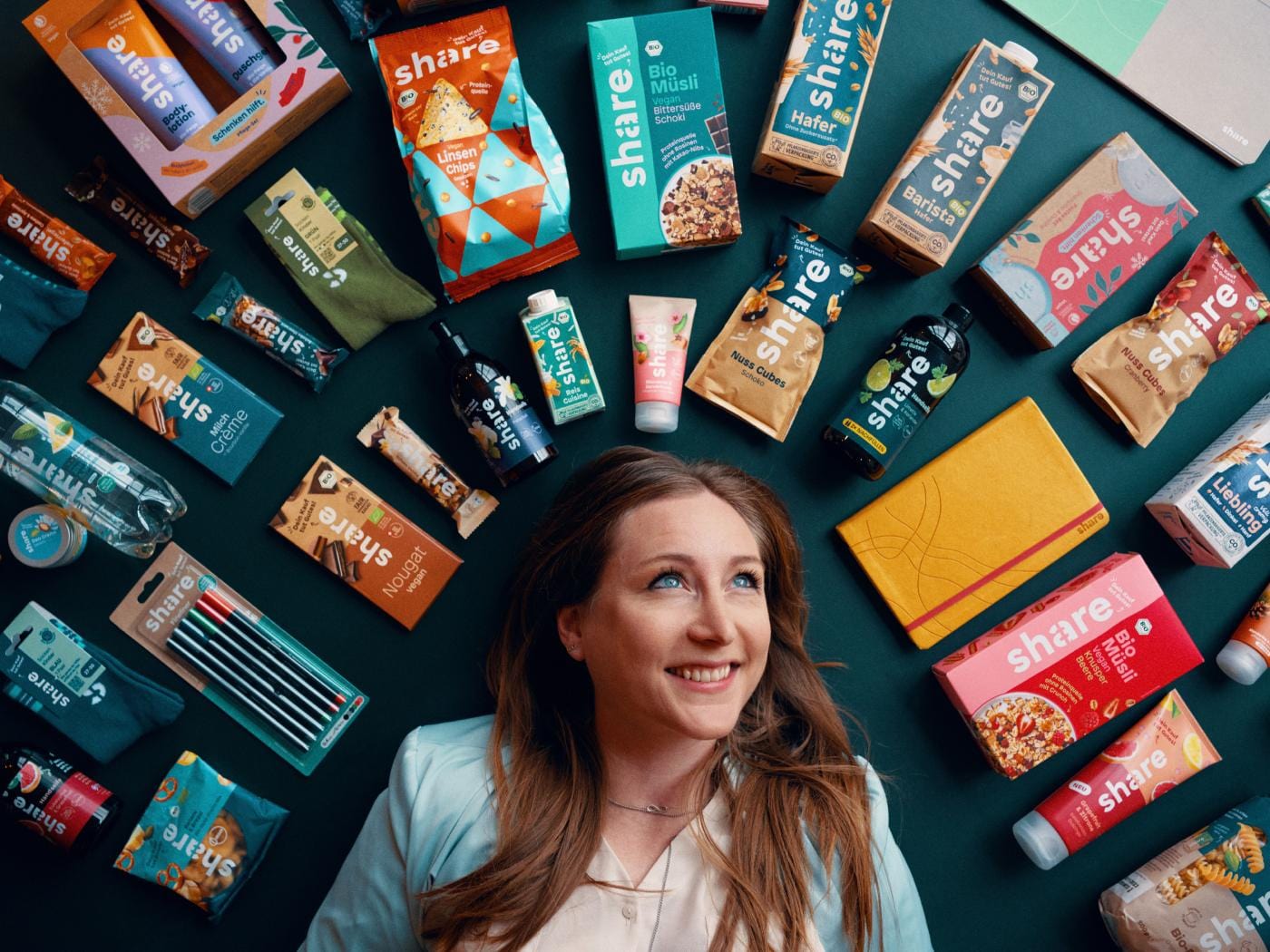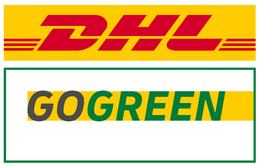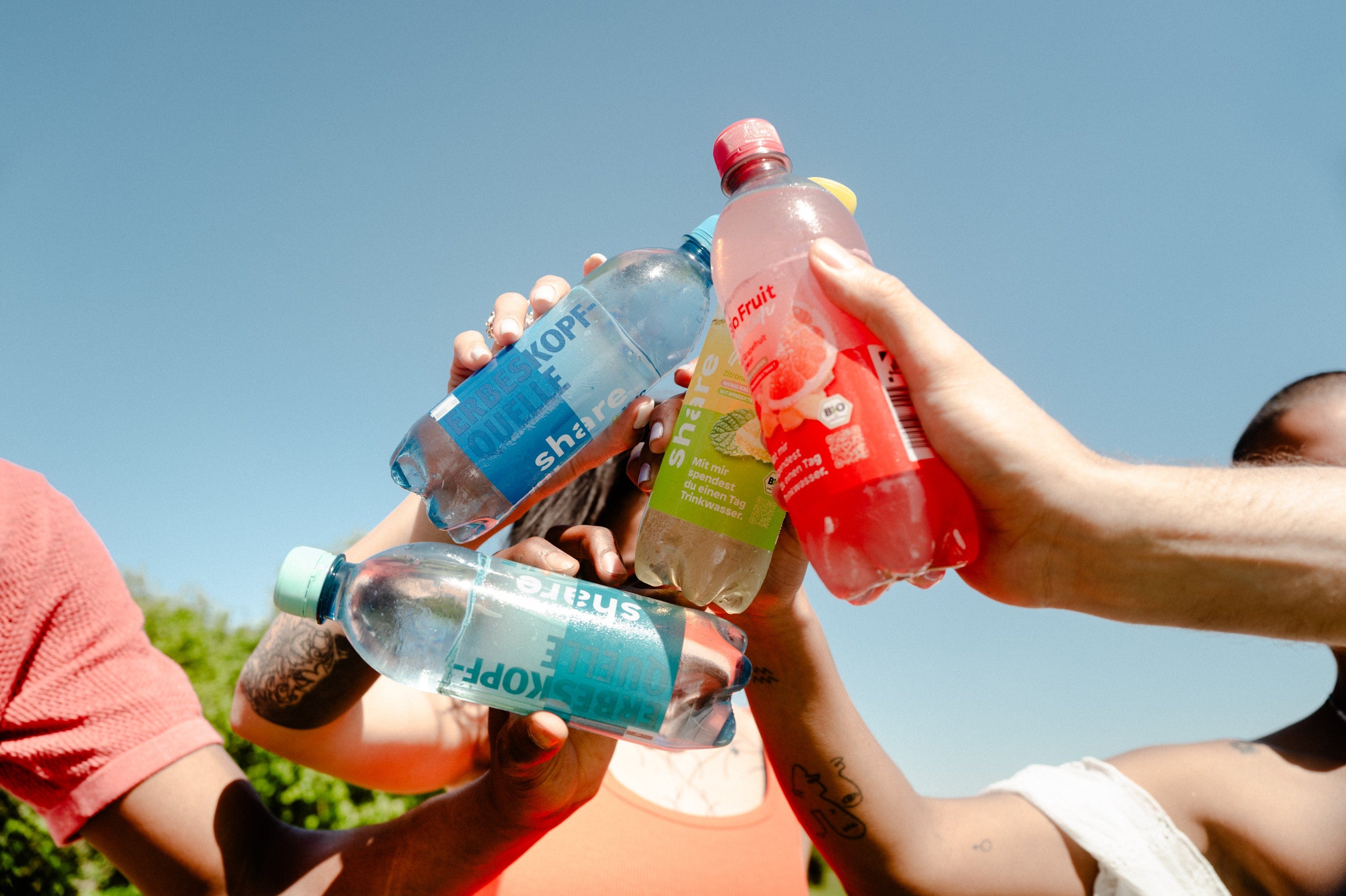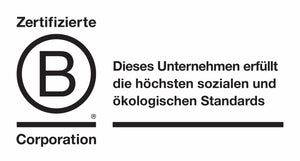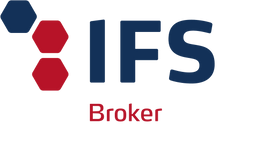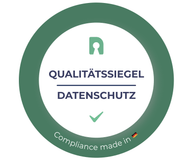How many B Corps are there?
There are 6,400 B Corps worldwide, over 1,000 in Europe, the UK alone has another 1,000 and in Germany we now have 72. What counts here is the location, the headquarters and where the certification was carried out.
What does it mean to be certified as a B Corp company?
Many companies use it as a differentiating feature from others. Basically, it is an external assessment that gives credibility, something that confirms and that you like to adorn yourself with. That is also what the logo is for and many like to use it in their communication. It can of course also be meaningful for investors. It is now also an advantage when it comes to finding young, new employees.
The community is also highly valued – for example, there are now many B Corps in the beauty industry, all of which have now joined together to form the B Beauty Coalition, cooperate and work on overarching issues.
You speak of a rigorous testing procedure for exemplary conduct. How, for example, does a company like Danone Waters, which has been so heavily criticized, manage to get certified?
We don't just give the certificate to companies that are perfect. The evaluation system isn't perfect either - minimum standards will be added soon. So it could be that Danone, for example, wasn't so good in some areas, but made up for it extremely well in others. In Germany they are certified as a group, including their subgroups such as Alpro, Milupa, etc.
We don't want to set the standards so high that only pioneers can excel. But what you also have to see is that Danone has also changed its statutes, restructured a lot of things and will have to be measured against the new standards next year. And they can hardly afford not to get recertified. There is controversy, but also change - both are really important and good. It's similar with Nespresso - there is so much attention on these companies and therefore on our movement. They can also be a big magnet for other companies. In order to create systemic change, it is important to get the big players involved too. If society looks at this critically, that's exactly right, I think.
What needs to happen to ensure that no more companies are founded that are purely profit and growth-oriented?
I think it takes mass pressure and consumer demand. For that to happen, people need to know what B Corp means. So the more companies that are involved and the more options customers have, the greater the pressure on others to change. Being certified as a B Corp should no longer be a nice-to-have, but normal.

